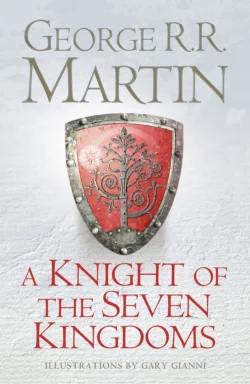A Knight of the Seven Kingdoms

Джордж Мартин
Тип: электронная книга
Жанр: Фэнтези про драконов
Язык: на английском языке
Стоимость: 625.04 ₽
Статус: В продаже
Издательство: HarperCollins
Дата публикации: 16.04.2024
Отзывы: Пока нет Добавить отзыв
О книге: A century before A GAME OF THRONES, two unlikely heroes wandered Westeros…